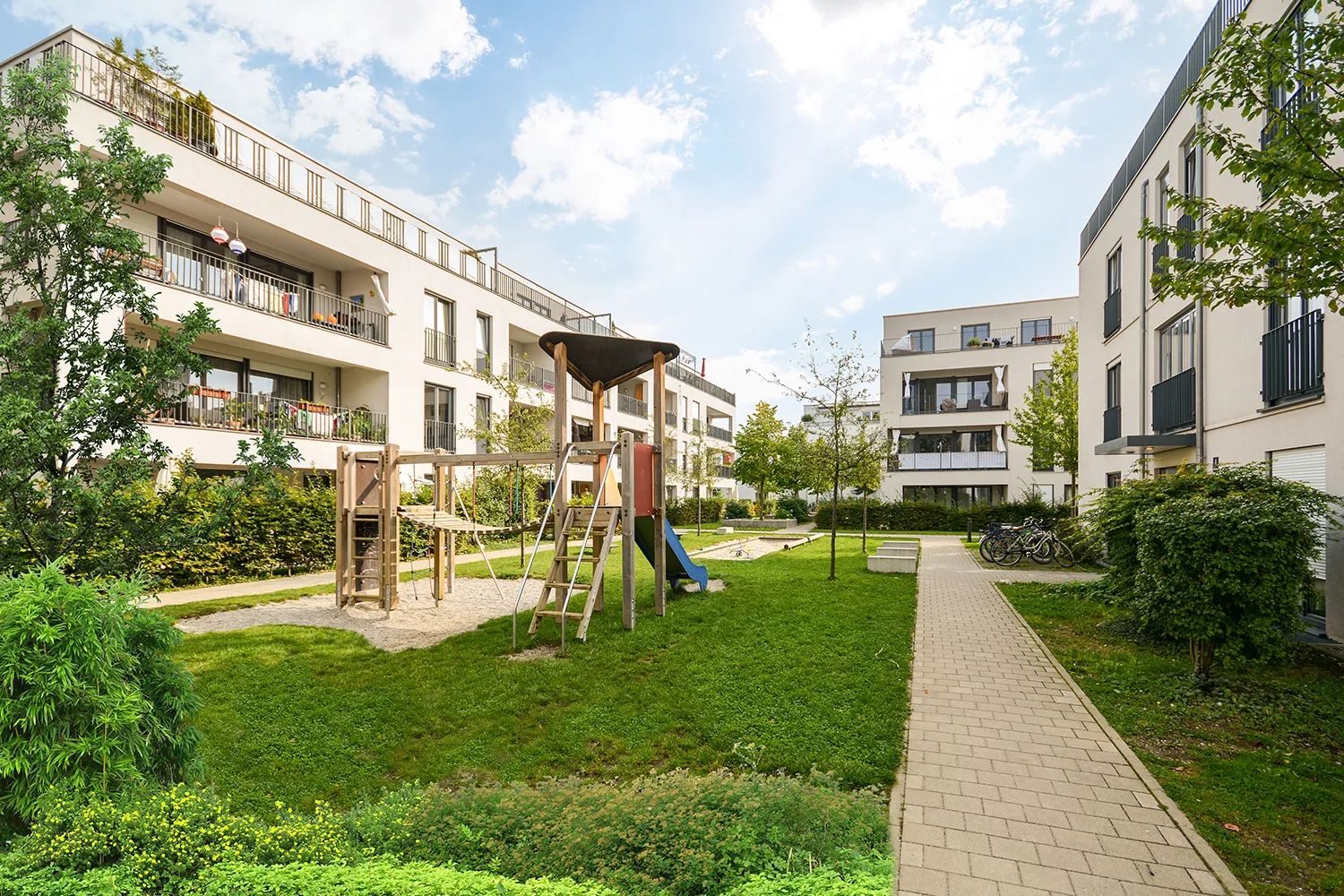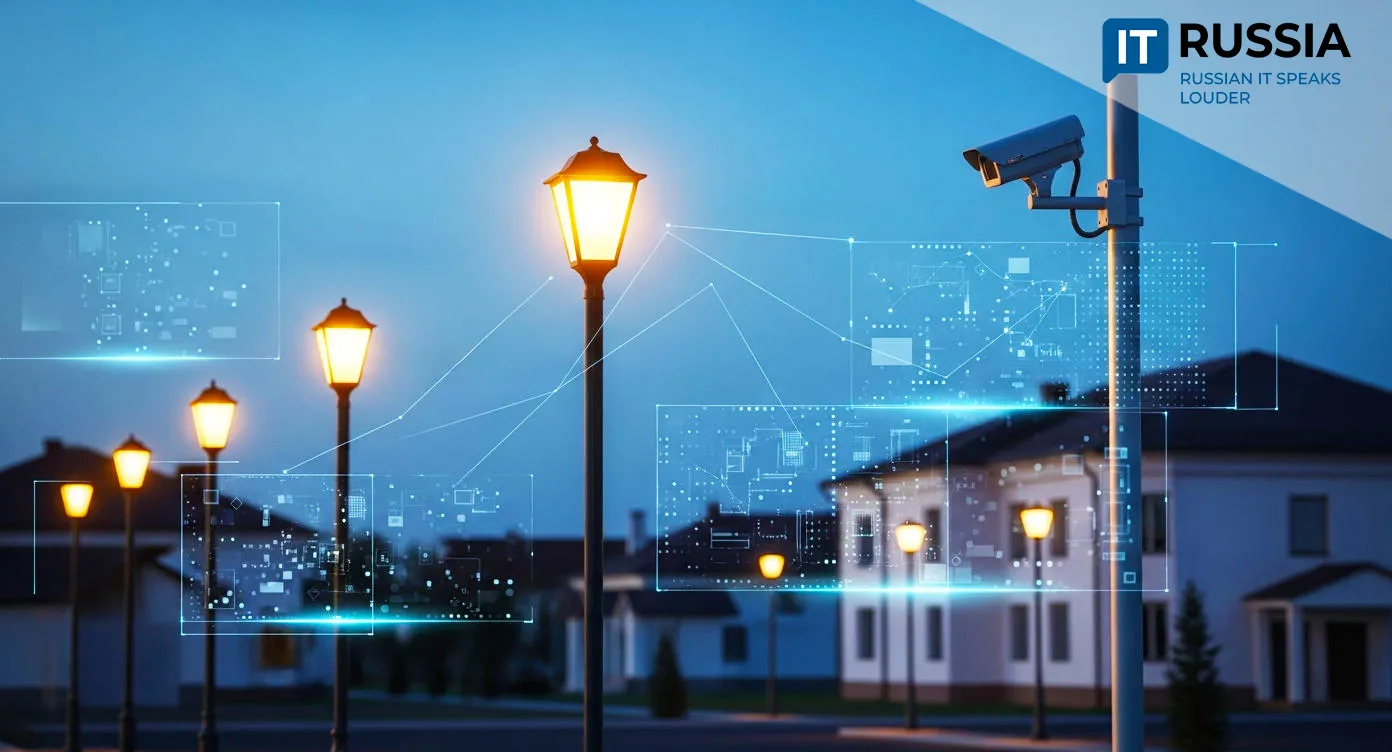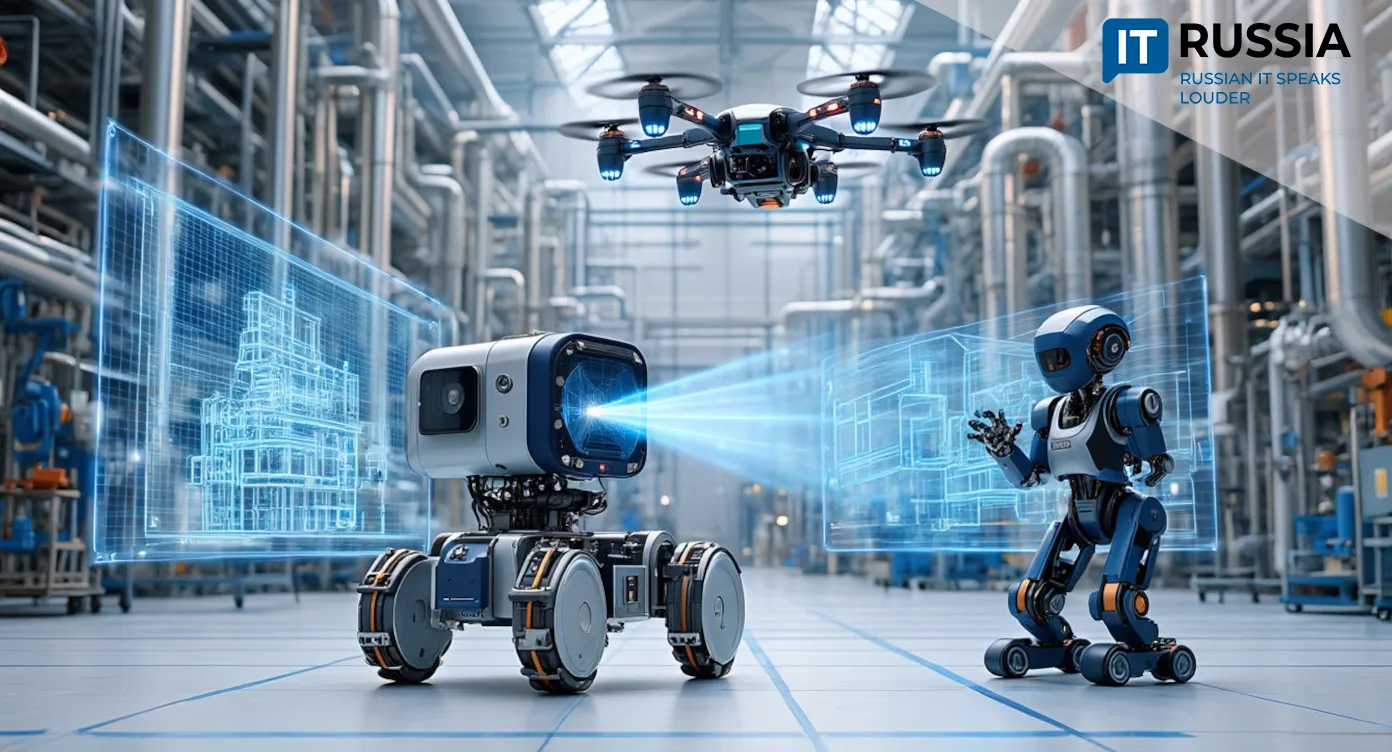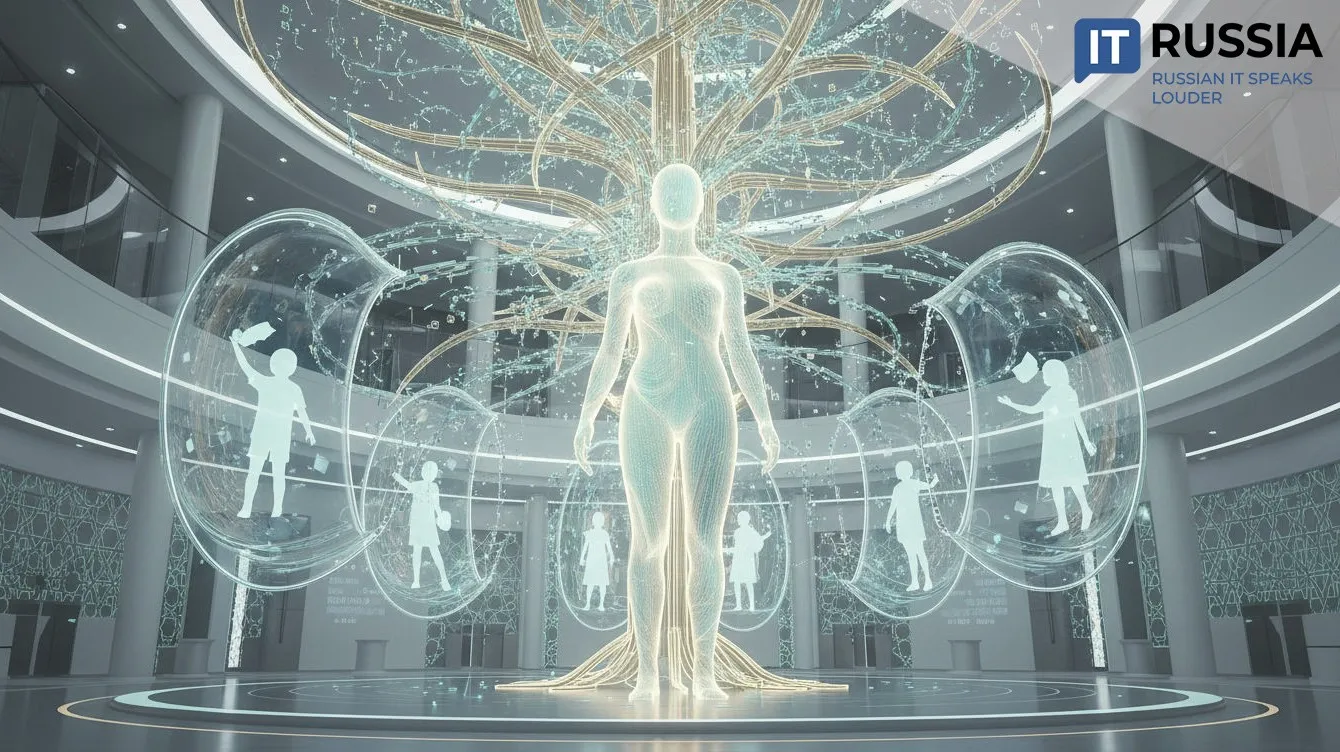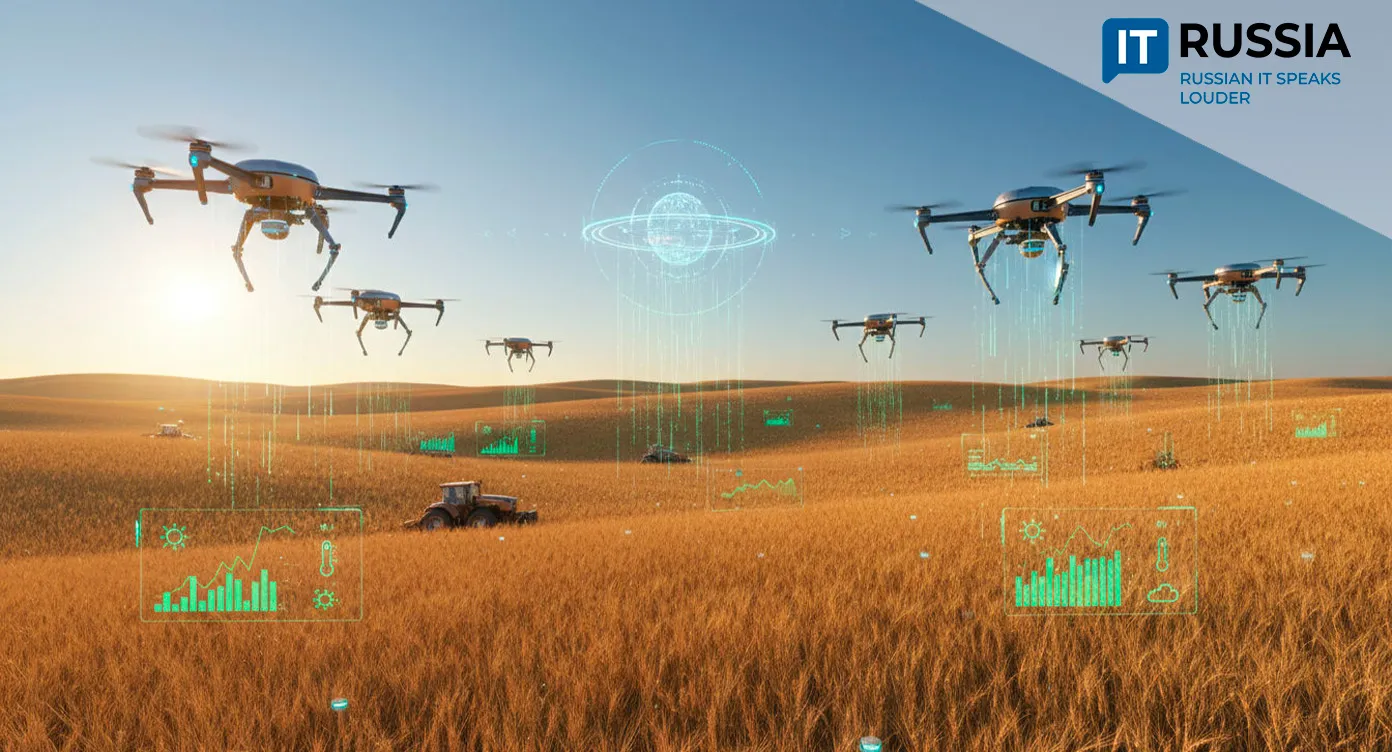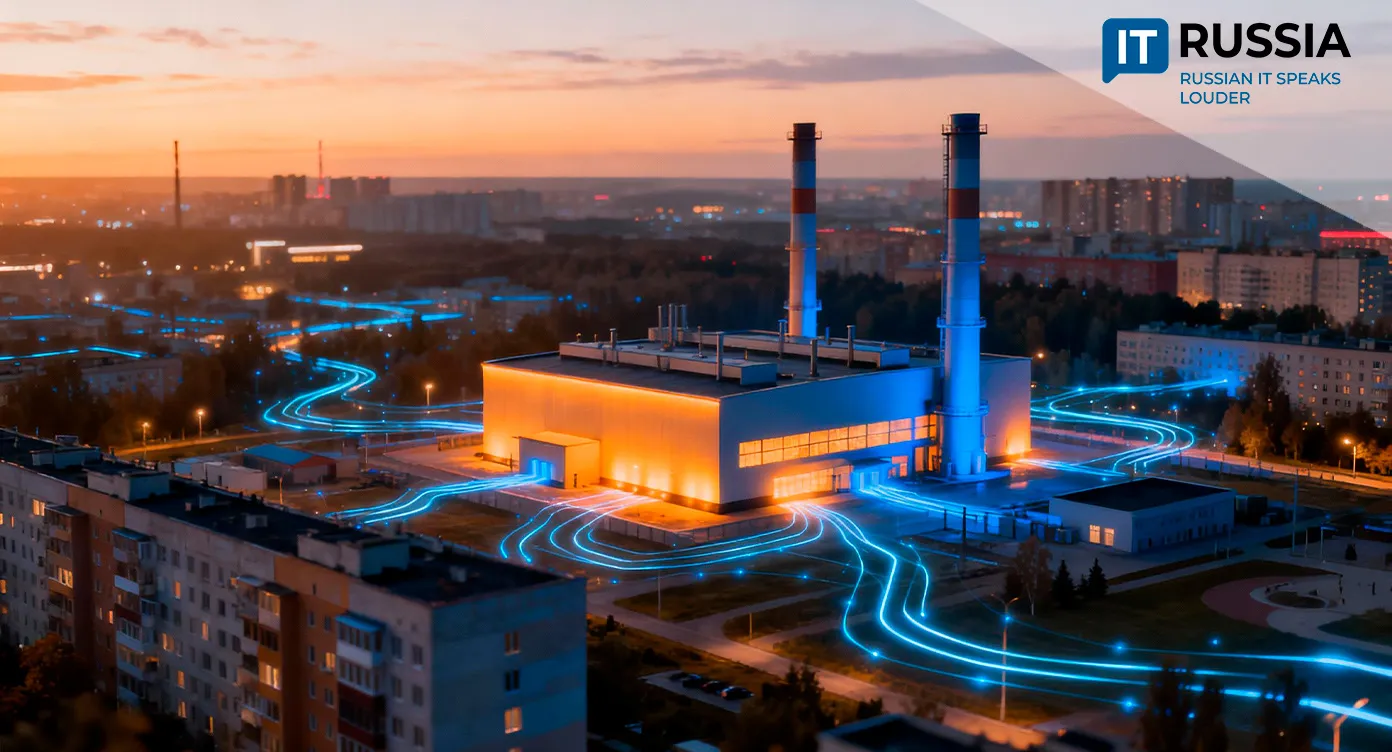Arkhangelsk Deploys AI Inspector to Enforce Urban Cleanliness

A new AI-powered mobile monitoring system is being launched in the Russian city of Arkhangelsk to detect violations of public cleanliness and urban maintenance in real time.
Law, Patrols, and Digital Oversight
In April 2025, amendments to the Arkhangelsk regional law on administrative offenses in the field of urban maintenance came into force. The goal, as stated by Viktor Zarya, head of the regional Construction, Energy, and Public Utilities Committee, is to create a more comfortable urban environment by clarifying violations and increasing penalties.
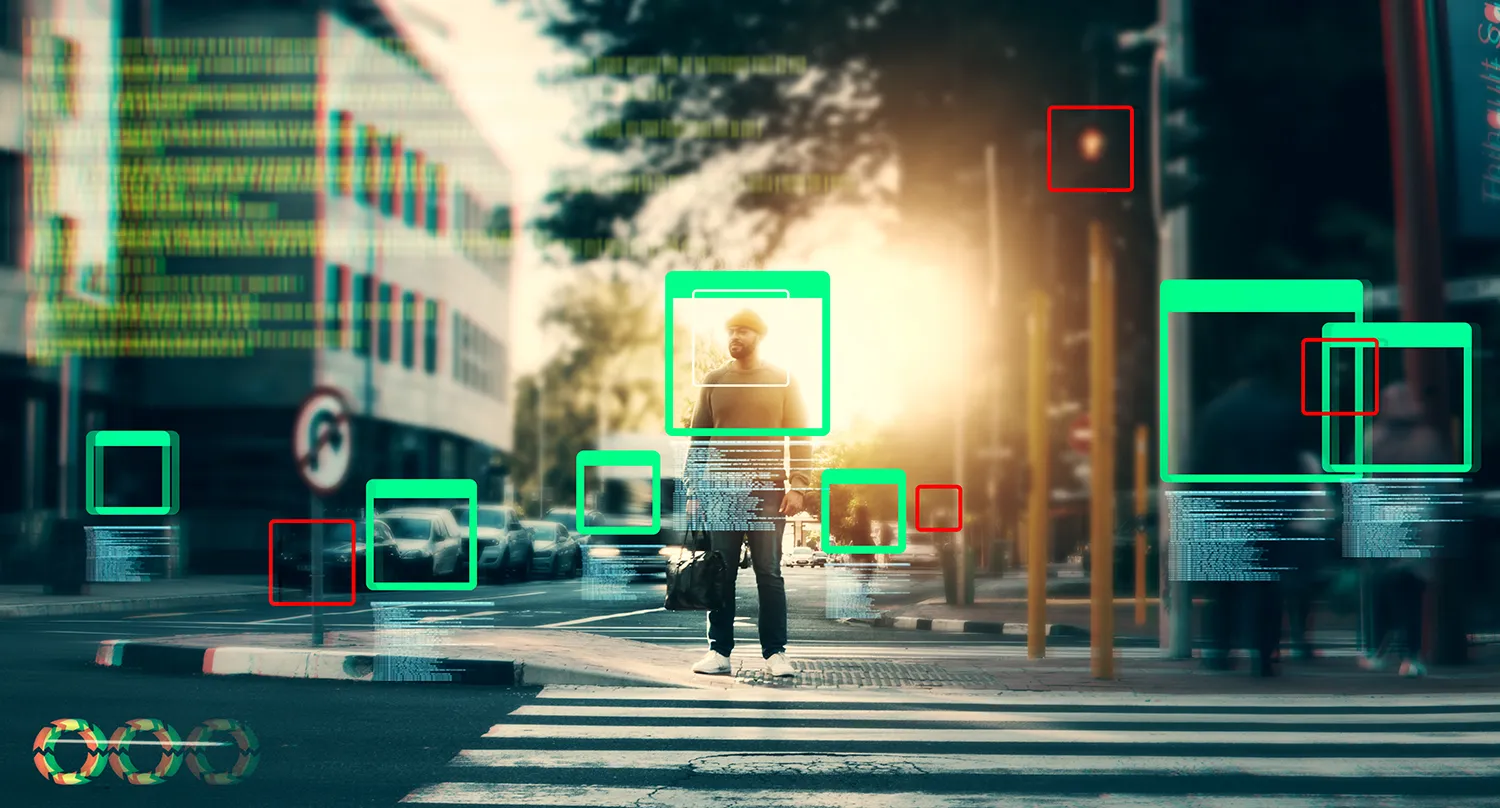
Fines have been raised by 1.5 to 2 times across all categories, and new offenses have been added, such as hindering waste removal, abandoned vehicles, poor street lighting, dirty building facades, unremoved snow and ice, graffiti, and illegal postings. To support enforcement, a Russian-made mobile neural monitoring system will soon be deployed. It will identify urban violations and automatically send data to municipal services for timely response.
Russia Embraces Smart City Tech
Arkhangelsk follows a broader national trend. Since 2021, legislative reforms have allowed intelligent surveillance systems to be used for urban maintenance. Examples include smart cameras in the Moscow region (2022), Kazan’s road monitoring platform (2023), and Murmansk’s citywide detection of illegal advertising (2024). Ufa's implementation of a Kazan-style system identified over 5,000 violations in just one year. These projects reveal how AI can effectively support municipal monitoring, boosting accountability and operational efficiency.
From Local Pilot to Nationwide Rollout
Arkhangelsk’s initiative could be scaled nationwide. The AI system can be customized for city-specific challenges, such as snow removal in northern regions or waste management in dense urban areas.
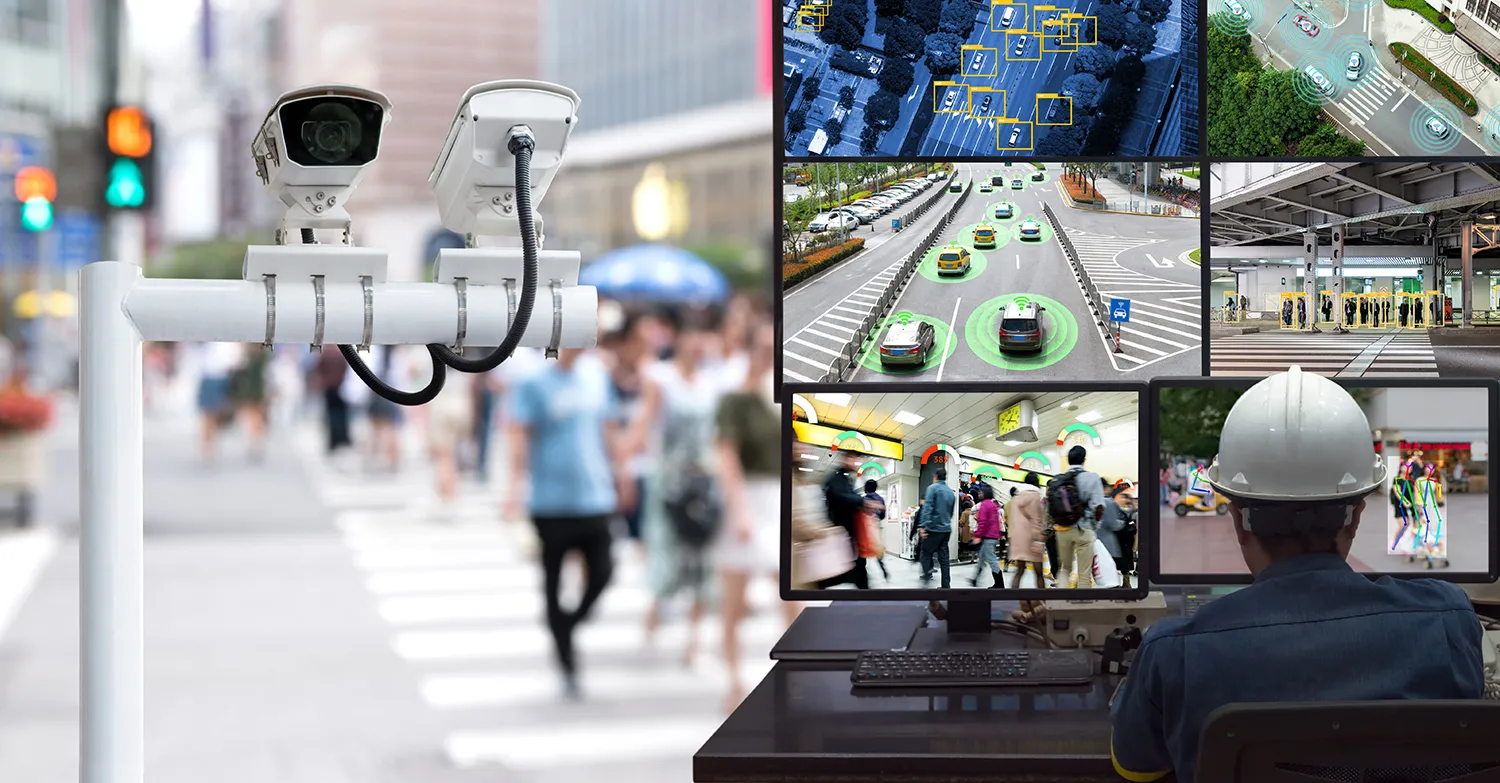
Integration with federal digital platforms is also on the horizon. As trust in Russian video analytics platforms grows, so does the demand. By 2026, authorities expect a noticeable drop in violations thanks to proactive fines and rapid response.
AI as an Assistant, Not a Watchdog
This project reflects a synergy of law, monitoring, and technology. The AI inspector is not meant to replace humans but to enhance public service responsiveness. The system’s success depends on algorithmic accuracy, municipal readiness, and, most importantly, open dialogue with citizens. If those elements align, the AI inspector model could become the standard across dozens of Russian cities by 2026, delivering cleaner and safer public spaces.
